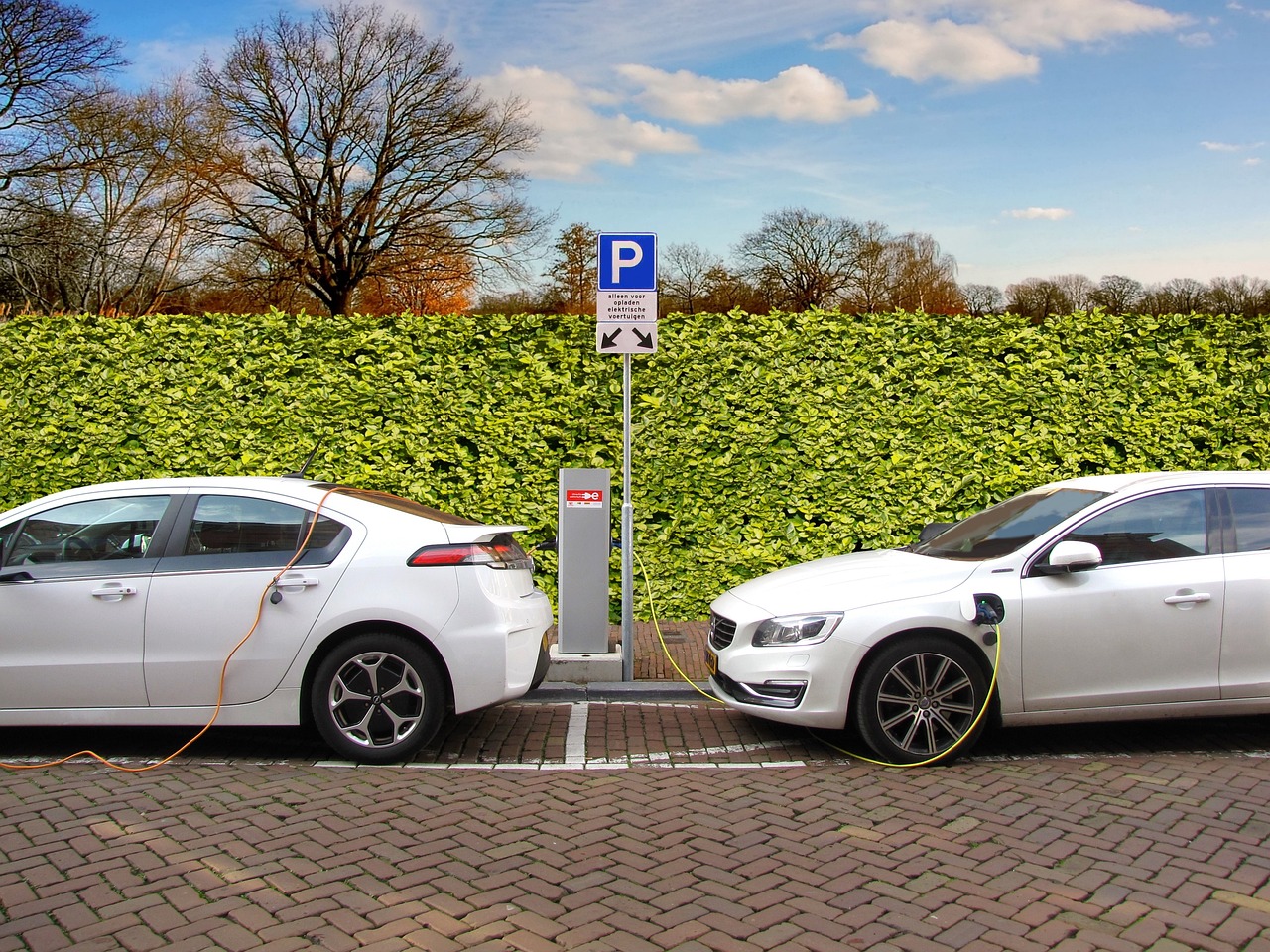In an increasingly sustainability-focused world aiming to reduce greenhouse gas emissions, the 100% electric vehicle emerges as the most efficient solution to decarbonize the transportation sector. This transformation is critical as transportation is responsible for approximately half of the pollution in our cities.
Electric vehicles (EVs) are the key to improving air quality, operating without any fossil fuel usage, and thus emitting no polluting gasses. This revolution extends beyond light vehicles; buses and trucks are also ideal candidates for efficient electrification.
Why choose electric cars?
In a transportation sector characterized by high consumption of fossil fuels and significant environmental impact, promoting electric cars is essential for an efficient energy transition. The European Union faces a triple challenge: maintaining economic competitiveness amid economic crises, protecting the environment by reducing greenhouse gas emissions, and ensuring energy security by reducing dependency on foreign fossil fuels.
To achieve the ambitious European goal of net-zero emissions by 2050, it is imperative to focus on the transportation sector, the primary energy consumer in the economy and highly dependent on fossil fuels. In Spain, transportation represents 42% of total energy consumption, with the automotive sector contributing 17%. The development of electric vehicles can reduce these figures and make the system more sustainable.
Transportation accounts for 33% of the EU´s total energy consumption and is responsible for about 20% of total CO2 emissions. Most of these emissions come from road transportation, which highly pollution fuels and emits large amounts of CO2. Therefore, addressing transportation is essential to achieve economic, environmental, and energy objectives.
Electric vehicles are much more energy-efficient compared to internal combustion engine vehicles and emit fewer greenhouse gasses per kilometer. Furthermore, they facilitate the integration of renewable energies into the transportation sector which is crucial for a successful energy transition.
Despite advancements, Spain lags behind countries like the Netherlands and Norway in the adoption of electric vehicles.
Advantages of electric vehicles
The choice of electric vehicles is supported by a series of advantages that justify the shift to this technology:
- Environmental benefits:
– Zero emissions of polluting gasses
– Significant improvement in air quality
– Virtually no noise emissions
- Energy benefits:
– Smaller ecological footprint due to reduced need for importing petroleum
– Higher energy efficiency compared to other propulsion technologies
– Utilization of local energy sources and renewable resources
- Economic benefits:
– Minimal maintenance due to the absence of wear parts and regenerative braking
– Cast-efficient electricity, approximately 100 cents per 100 kilometers
– Additional benefits such as free parking in regulated area and access to BUS VAO lanes
- Comfort benefits:
– Quieter driving experience due to the absence of engine noise
– Increased safety with better acceleration and braking
- Promotion of new business models:
– Emergence of shared mobility services in urban environments
– Job opportunities in the installation of charging infrastructure
– Development of informative and usage applications
– Emergence of new business models, such as charging operators
In summary, the adoption of electric cars is essential for decarbonizing transportation, reducing pollution, and moving towards a more sustainable, economical, and comfortable mobility.

